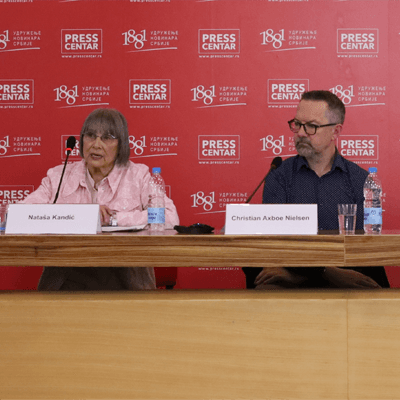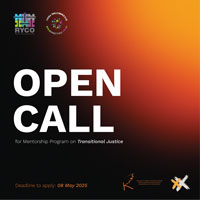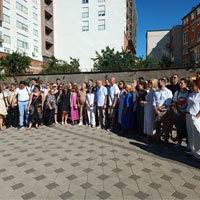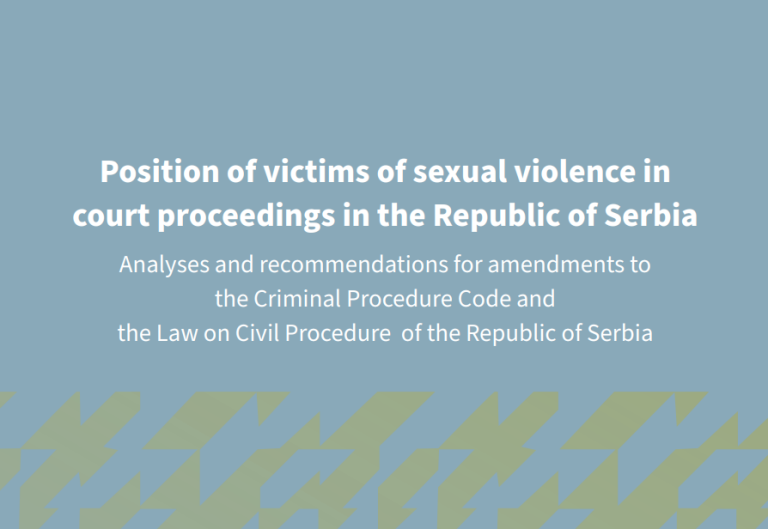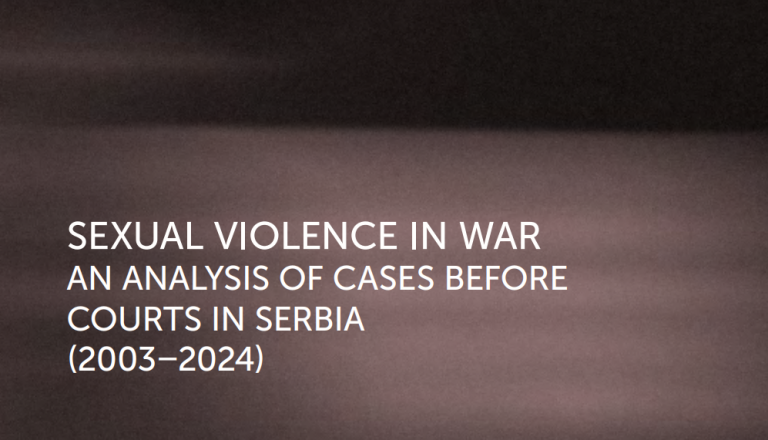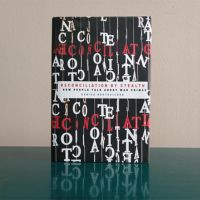On 10 December 2025, the Higher Court in Belgrade – War Crimes Department delivered a verdict finding Krunoslav Fehir guilty of belonging to the group Branimir’s Osijek Battalion (BOB), which abducted, tortured, and killed Serbian civilians in Osijek in 1991. He was sentenced to six months in prison, the same amount of time he had already spent in detention.

